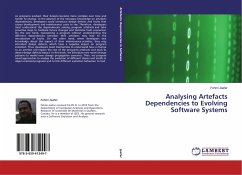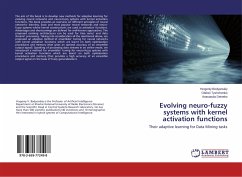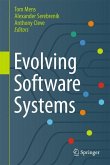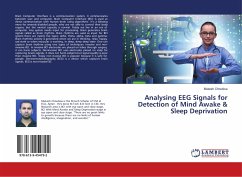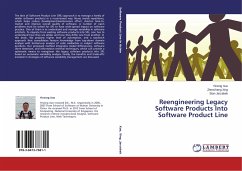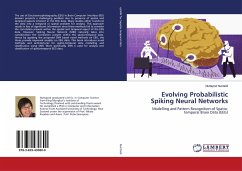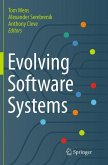As programs evolved, their designs become more complex over time and harder to change. In the absence of the necessary knowledge on artefacts dependencies, developers could introduce design defects and faults that causes development and maintenance costs to rise. Therefore, developers must understand the dependencies among program artefacts and take proactive steps to facilitate future changes and minimize fault proneness. On the one hand, maintaining a program without understanding the different dependencies between their artefacts may lead to the introduction of faults. On the other hand, when developers lack knowledge about the impact of their maintenance activities, they may introduce design defects, which have a negative impact on program evolution. Thus, developers need mechanisms to understand how a change to an artefact will impact the rest of the programs artefacts and tools to detect design defects impact. In this book, we introduce two novel change patterns to model new change propagation scenarios. Then, we propose novel approaches to analyse the evolution of different classes and motifs in object-oriented programs and to link different evolution behaviour to faul

